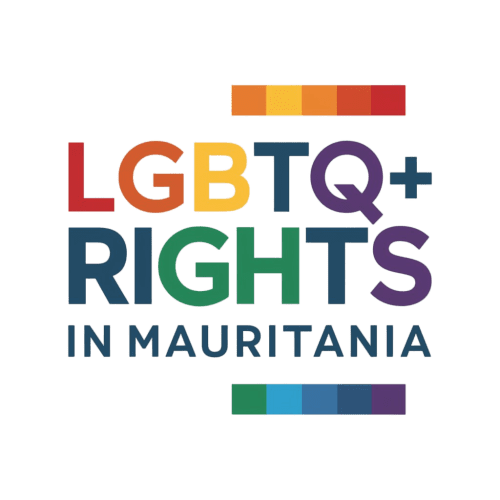Connecting Homosexuality and HIV in Media and Social Networks in Mauritania
Homosexuality and HIV are sensitive and controversial topics in Arab and African societies, including Mauritania. Individuals in the LGBTQ+ community (lesbians, gays, bisexuals, transgender, and queer) face significant discrimination and injustice, manifested in the unfounded connection between them and HIV in media and social networks. This connection contributes to the reinforcement of negative stereotypes and increases the social stigma surrounding them.
The Inaccurate Link Between Homosexuality and HIV
Historically, the connection between homosexuality and HIV has been established in many countries due to a lack of understanding of the health and social aspects of the disease. In Mauritania, where homosexuality is socially and legally prohibited, some media figures and social media platforms exploit this connection to distort the image of LGBTQ+ individuals. This link is inaccurate, as HIV affects everyone, regardless of sexual orientation. The virus can be contracted due to several factors, including unprotected sexual relationships, the use of contaminated needles, or even from mother to child during birth or breastfeeding.
Additionally, linking HIV with homosexuality in Mauritania serves as a form of fear-mongering, aimed at instilling fear in the public regarding LGBTQ+ individuals and perpetuating negative portrayals of them. In reality, the virus can infect all segments of society, necessitating a broader social and health perspective on the issue.
Risks and Ignorance of Protective Measures
The prevalence of unprotected sexual relationships significantly increases the risk of HIV infection, as failing to take necessary precautions is a primary reason for the spread of the virus. Ignorance of protective measures for safe and healthy relationships contributes to the disease's proliferation, not only among LGBTQ+ individuals but across all societal groups. It is essential to raise awareness about available protection methods, such as using condoms and regular testing for the virus.
The Impact of Media and Social Networks
Media and social networks play a crucial role in disseminating information and ideas but also contribute to the reinforcement of negative stereotypes. Sensational headlines are often used to attract attention, leading to generalizations about LGBTQ+ individuals and directly linking them to HIV. This is evident in articles and comments discussing homosexuality, where LGBTQ+ individuals are depicted as a health threat to be avoided.
This phenomenon is particularly prevalent on platforms like Facebook, Twitter, and TikTok, where users share inaccurate or misleading information, further promoting discrimination and social stigma against LGBTQ+ individuals. Hate speech is often used openly, exacerbating the suffering of these individuals and isolating them from society.
HIV as a Manageable Disease
HIV has become comparable to many other chronic diseases that can be quickly diagnosed and treated with regular medication. Antiretroviral therapy is available, allowing individuals to maintain a healthy physical and mental life, enabling them to lead normal lives. This medical and scientific advancement calls for a change in the negative perception of the disease, recognizing it as part of general healthcare.
The Injustice Faced by LGBTQ+ Individuals
LGBTQ+ individuals in Mauritania face significant injustice, as they are viewed negatively and encounter discrimination on multiple fronts. From legal prosecution to discrimination in employment and healthcare, these individuals suffer from a lack of basic rights. The situation worsens due to a lack of awareness and accurate information about homosexuality and HIV, which contributes to the spread of myths and misconceptions.
Many LGBTQ+ individuals avoid seeking healthcare due to fear of social stigma, leading to worsening health risks. Additionally, members of the LGBTQ+ community live under constant pressure from their families and society, making them susceptible to mental health issues like depression and anxiety.
The connection between homosexuality and HIV in media and social networks in Mauritania presents a significant challenge for LGBTQ+ individuals. It requires multifaceted efforts to raise awareness and change negative perceptions of homosexuality and human rights in general. Society must work towards promoting understanding and tolerance, recognizing that homosexuality is not a cause of HIV infection. Awareness and knowledge are the most crucial paths to safeguarding all individuals, regardless of their sexual orientation.


.png)


.png)
.png)
.png)
.png)
.png)
.png)